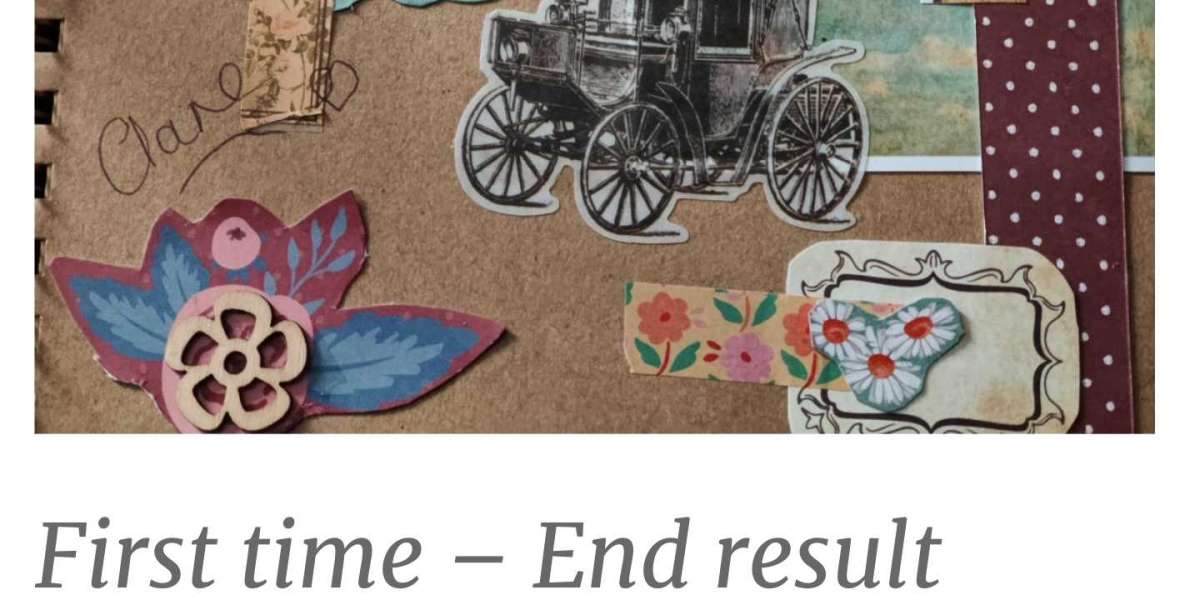Nursing school is both a rewarding and demanding journey. Students are expected to balance clinical rotations, academic coursework, and personal commitments all while developing the skills needed to provide high-quality patient care. With such high expectations, it’s no surprise that nursing students are constantly seeking ways to optimize their time and enhance their clinical learning experience. One increasingly popular option gaining traction among aspiring nurses is working as a medical scribe.
More than just a foot in the door to the healthcare field, medical scribe roles especially through a virtual scribe service can provide nursing students with critical insights into clinical workflows, medical terminology, and patient-provider interactions. Here’s how this unique position can align with and even accelerate nursing school goals.
1. Exposure to Real-World Clinical Environments
Working as a scribe nurse or medical scribe offers firsthand exposure to real-world healthcare settings. Whether in a hospital, clinic, or virtually from home, scribes are embedded in patient encounters. They observe how providers conduct assessments, make diagnoses, and manage patient care plans. For nursing students, this exposure helps bridge the gap between textbook learning and actual clinical practice.
By working closely with nurses and physicians, students see how interdisciplinary teams collaborate in real time. This experience is invaluable, as it deepens their understanding of patient care protocols and healthcare documentation standards.
2. Strengthening Medical Terminology and Documentation Skills
One of the core responsibilities of a medical scribe is accurate documentation. Nursing students who work as scribes become proficient in charting patient histories, physical exams, lab results, and treatment plans. This practice builds familiarity with electronic health records (EHRs)—a key tool in modern nursing.
Students often report that their ability to understand and use medical terminology improves dramatically while working as a scribe. These documentation skills are directly transferable to nursing school and clinical rotations, where clear, concise, and accurate note-taking is essential.
3. Gaining Confidence in Patient Care Conversations
Nursing school involves interacting with patients and practicing communication skills. As a scribe nurse, even in a supportive, non-clinical role, students learn the nuances of how healthcare professionals communicate with patients and each other. They observe how to take a patient history, deliver bad news, or educate a patient about a chronic condition.
Hearing these conversations repeatedly builds a solid foundation for when it’s the student's turn to engage in those discussions. This exposure cultivates empathy, professionalism, and effective communication—all critical competencies for future nurses.
4. Flexible Scheduling for Busy Students
Balancing academics with work can be tricky. Fortunately, many students now take advantage of virtual scribe services, which offer remote opportunities with flexible hours. This is particularly useful for nursing students who may not have the bandwidth for on-site work but still want to gain clinical exposure.
Virtual scribe roles often allow students to choose shifts that fit around their class schedules or clinical placements. This flexibility ensures they can earn income and experience without sacrificing their academic performance or well-being.
5. Enhancing Clinical Decision-Making Skills
Although scribes do not provide medical advice or make clinical decisions, they are in a unique position to watch and learn how providers think through complex cases. Nursing students who scribe regularly begin to recognize patterns in clinical reasoning and decision-making. Over time, this helps develop their own critical thinking skills—an essential aspect of nursing education and practice.
For example, after documenting multiple cases of respiratory distress, a scribe might notice how providers assess symptoms, order tests, and initiate treatment. These experiences lay the groundwork for better clinical judgment in the future.
6. Boosting Nursing School Applications and Career Prospects
For pre-nursing or early nursing students, working as a medical scribe can also strengthen their resumes and applications. Admissions committees and employers value relevant healthcare experience. Listing work with a virtual scribe service or as a scribe nurse shows initiative, commitment to the field, and familiarity with clinical environments.
Furthermore, the connections formed while scribing may lead to mentorship opportunities or even job offers after graduation.
Conclusion
Medical scribe roles offer much more than observational experience—they can actively support and enhance a nursing student’s academic and professional journey. From improving documentation skills to gaining deeper insight into patient care, working as a scribe is an excellent complement to nursing education. Whether in person or through a virtual scribe service, this role provides real-world benefits that align perfectly with nursing school goals.








